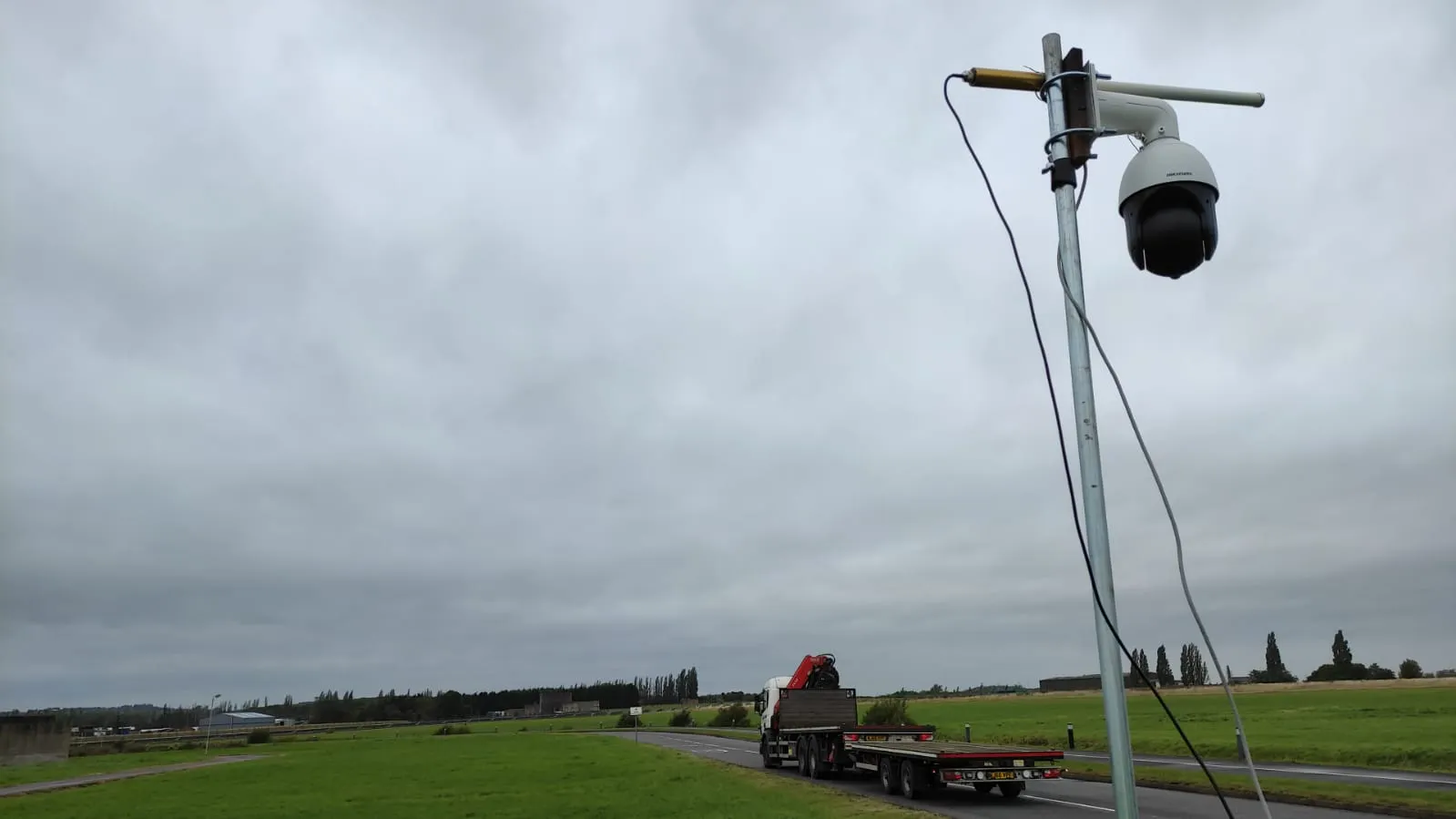Following a successful trial, New Zealand smart parking specialist Smart Parking has been awarded a US$939,000 five-year contract for the provision of 3,000 parking sensors in the Wellington central business district street parking areas.
The system comprises of RFID-equipped SmartEye sensors flush-mounted in the parking bay, which use advanced sensing technology to detect when a vehicle has occupied a parking space.
SmartRep backoffice software collates and analyses the live information on how parkin
January 5, 2016
Read time: 1 min
Following a successful trial, New Zealand smart parking specialist 8034 Smart Parking has been awarded a US$939,000 five-year contract for the provision of 3,000 parking sensors in the Wellington central business district street parking areas.
The system comprises of RFID-equipped SmartEye sensors flush-mounted in the parking bay, which use advanced sensing technology to detect when a vehicle has occupied a parking space.
SmartRep backoffice software collates and analyses the live information on how parking space is being used. Accurate vehicle-by-vehicle, minute-by-minute data on actual usage of the city’s facilities gives the council the leading edge in day-to-day management and future planning.
The parking solution will also include Smart Parking’s SmartApp which will allow motorists to identify and be directed to streets with available bays avoiding driving around searching for a spot on roads which are already full.
The system comprises of RFID-equipped SmartEye sensors flush-mounted in the parking bay, which use advanced sensing technology to detect when a vehicle has occupied a parking space.
SmartRep backoffice software collates and analyses the live information on how parking space is being used. Accurate vehicle-by-vehicle, minute-by-minute data on actual usage of the city’s facilities gives the council the leading edge in day-to-day management and future planning.
The parking solution will also include Smart Parking’s SmartApp which will allow motorists to identify and be directed to streets with available bays avoiding driving around searching for a spot on roads which are already full.










